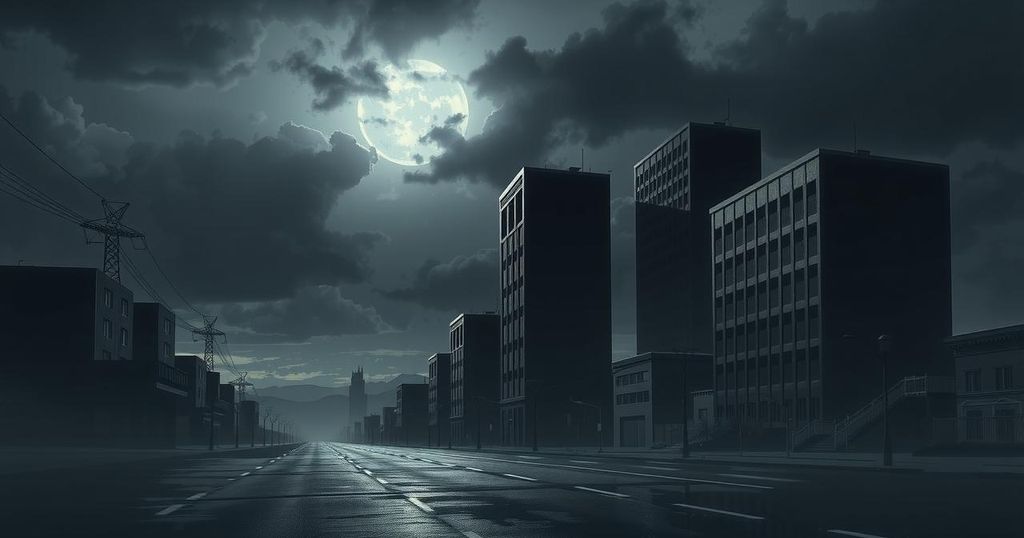An internal political crisis is escalating in South Sudan following the arrest of three leading SPLM-IO politicians, including the oil minister. This incident exacerbates existing tensions within the transitional unity government formed after years of civil war. Meanwhile, security forces have surrounded Vice President Riek Machar’s residence, indicating potential upheaval within the government. The political landscape is further complicated by ethnic rivalries.
The political situation in South Sudan is deteriorating, highlighted by the recent arrest of three prominent politicians affiliated with the SPLM-IO party, part of the nation’s transitional unity government. Among those detained is the oil minister, as confirmed by a party spokesperson. This development escalates ongoing tensions within South Sudan’s transitional governance framework.
Established in 2020 as a peace initiative following years of civil conflict, the transitional government emerged with President Salva Kiir Mayardit as its head and former rival Riek Machar, leader of the SPLM-IO, positioned as deputy. Plans for general elections, initially scheduled for December 2024, have since been canceled, demonstrating instability in governance.
Recent media reports indicate that security forces have encircled Vice President Machar’s residence, raising alarms among observers about possible efforts to remove elements of the unity government. Although no official rationale has been provided for the arrests, tensions are exacerbated by a militia from the Nuer ethnic group, to which Machar belongs, seizing control of a significant town in White Nile state. Moreover, South Sudan’s political dynamics are often influenced by ethnic divisions, particularly between the Nuer and Dinka groups, the latter being represented by President Kiir.
The situation in South Sudan remains precarious as the arrest of SPLM-IO politicians raises significant concerns regarding the stability of the transitional government. Tensions driven by ethnic divisions continue to play a detrimental role in governance, complicating efforts to maintain peace and prepare for forthcoming elections. Without a clear resolution, South Sudan’s political crisis may deepen further, jeopardizing the hard-fought peace established after years of conflict.
Original Source: www.bluewin.ch






